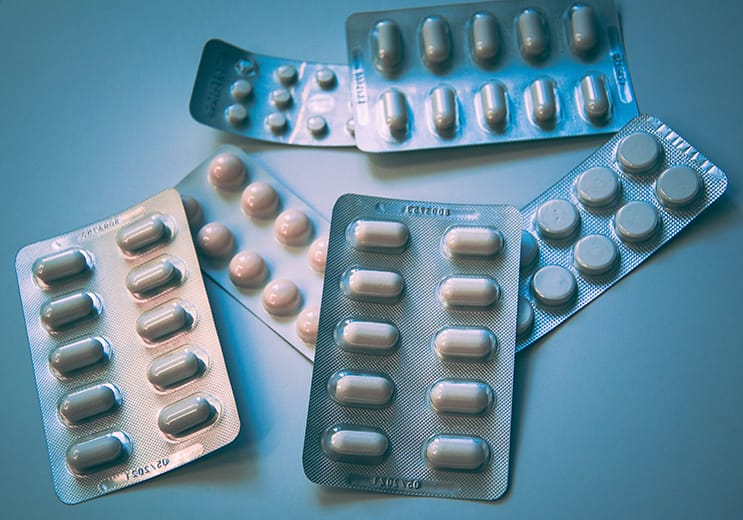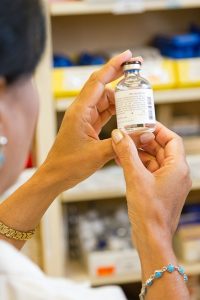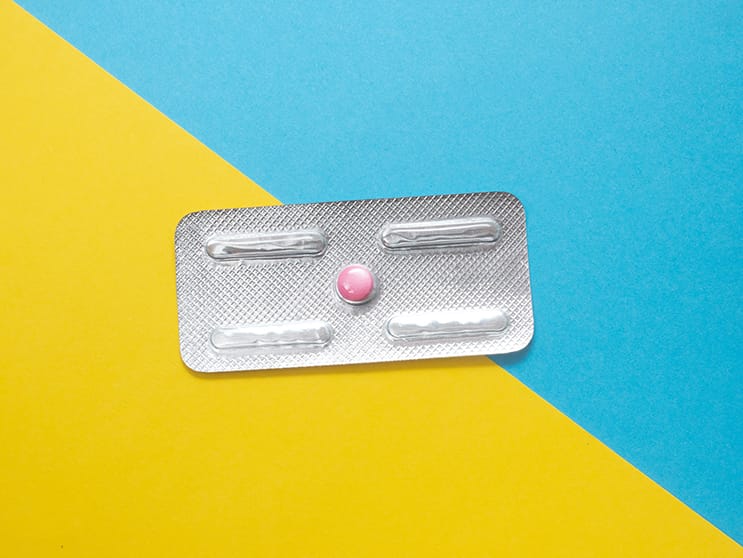Over the Counter (OTC) drugs – facts, signs, effects
There are indications that addiction to prescription drugs, available over-the-counter(OTC), is increasing in the UK.
Private clinics have reported a surge in demand for treatment. Data from the Department for Health showed a 60% increase in opioid prescriptions over the past ten years.
When 1 in 10 adults in England are on opioids, that’s a crisis.
The Rt Hon Matt Hancock MP, How we make public health fit for the future
According to one of the country’s largest provider of private addiction treatment centres (Ukat), admissions for prescription drug addiction have risen by 28% in the past two years and 40% since 2015.
Opioid painkillers, such as fentanyl or morphine, prescribed by doctors, are highly effective in managing severe pain but are also potentially addictive.
Many people become dependent after prolonged use of the drugs. They become addicts who use drugs for getting “high”, instead of the purpose they were prescribed for.

Prescription Drug Use
Rising prescription drug addiction problem can affect all age groups, including teens.
The prescription drugs that are most often abused include opioid painkillers, anti-anxiety medications, sedatives and stimulants.
The problem may be prevented by early identification and intervention.
Symptoms
Learning to identify an OTC drug addiction can be difficult. OTC drugs like Tylenol and cough medicines don’t have the same dangerous image as illicit drugs like heroin.
People don’t always perceive them as addictive, so loved ones of people addicted to OTC drugs don’t know to look for signs of a growing addiction problem.

Signs and symptoms of prescription drug abuse depend on the type of drug.
The most commonly abused prescription drugs are:
- Opioids is used to treat pain. These include medications containing oxycodone — such as Oxycontin, Percocet and Hydrocodone.
- Anti-anxiety medications and sedatives, such as Alprazolam, Diazepam (Valium), and hypnotics, such as Zolpidem (Ambien), which are used to treat anxiety and sleep disorders.
- Stimulants, such as Methylphenidate (for instance Ritalin and Concerta), Dextroamphetamine, Amphetamine (Adderall XR, Mydayis), and Dextroamphetamine (Dexedrine), used to treat attention-deficit/hyperactivity disorder (ADHD) and certain sleep disorders.
Signs and symptoms of prescription drug abuse
Opioids
- Constipation
- Nausea
- Euphoria
- Lowered breathing rate
- Drowsiness
- Confusion
- Poor coordination
- Increasing dosage required for pain relief
- Worsening or increased sensitivity to pain with higher doses (hyperalgesia)
Anti-anxiety medications and sedatives
- Drowsiness
- Confusion
- Unsteady gait
- Slurred speech
- Poor concentration
- Dizziness
- Problems with memory
- Slowed breathing
Stimulants

- Increased alertness
- Feeling over-confident
- Irregular heartbeat
- High blood pressure
- High body temperature
- Reduced appetite
- Insomnia
- Agitation
- Anxiety
- Paranoia
Other signs include:
- Stealing, forging or selling prescriptions
- Taking higher doses than prescribed
- Excessive mood swings or hostility
- Increase or decrease in sleep
- Poor decision-making
- Appearing to be ‘high’, unusually energetic or revved up, or sedated
- Requesting early refills or “losing” prescriptions, so more prescriptions must be written
- Seeking prescriptions from more than one doctor
Causes of prescription drug addiction
Teens and adults abuse prescription drugs for various reasons, such as:
- To feel ‘good’
- To relax or relieve stress
- To reduce appetite
- To increase alertness
- To maintain an addiction and prevent withdrawal
- To be accepted by peers or be more social
- To try to improve concentration in academics or work performance
When to seek help
Seek help from a professional if you think you may have a problem with prescription drug use.
You don’t have to feel embarrassed to talk about it — medical professionals are trained to support you, not judge you.
It’s easier to manage the problem early before it becomes a full-blown addiction and leads to more severe problems.
Call Addictions UK Freephone 0800 1404044 for a prompt, professional and confidential response to address your addiction-related issues.



